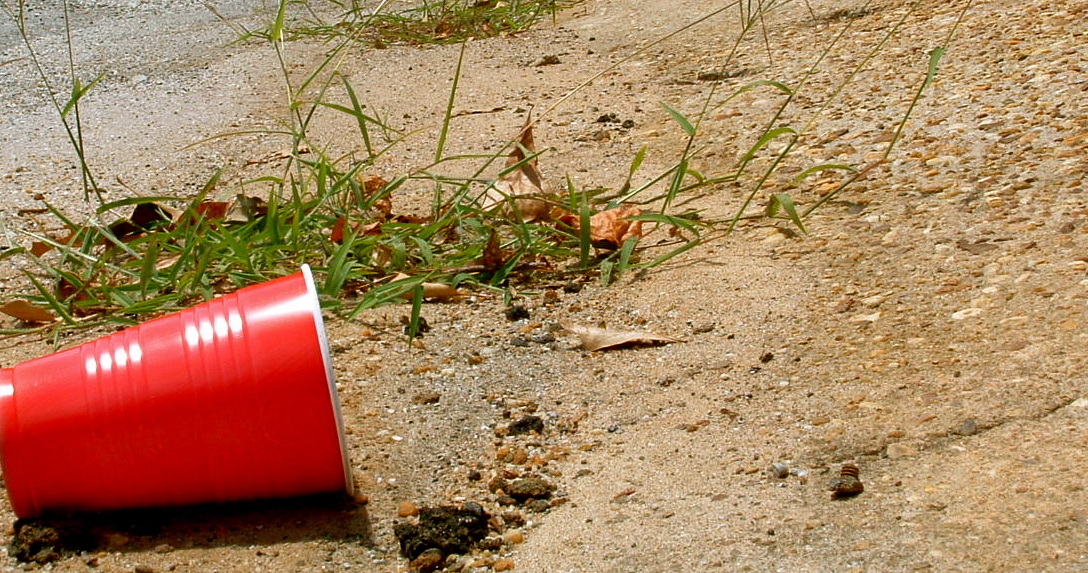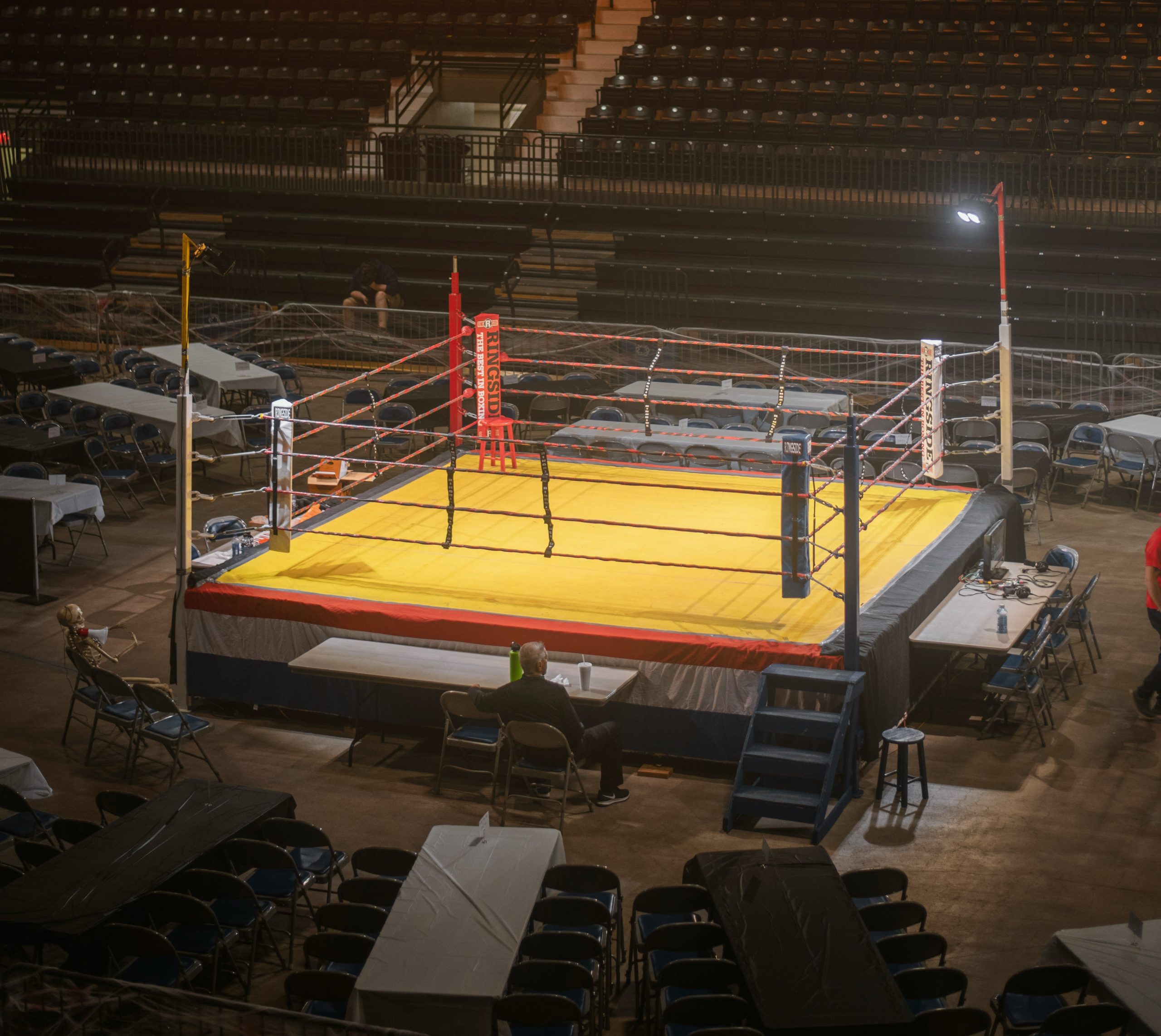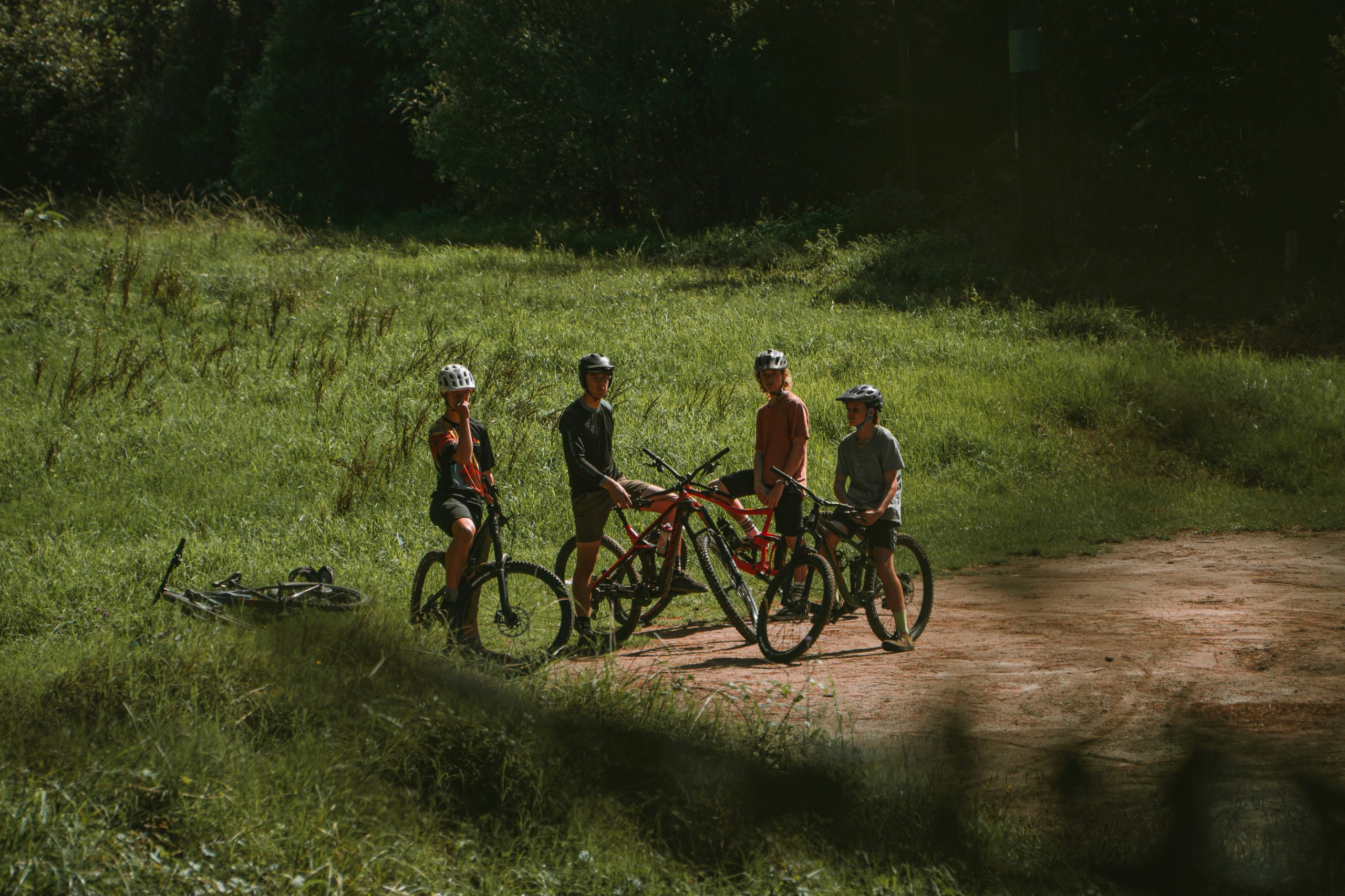Lit Mags
Girltown
by Kate Wheeler, recommended by Stephen O’Connor

EDITOR’S NOTE by Stephen O’Connor
Kate Wheeler’s fiction is surprising for the things it doesn’t do. There is no high drama in her stories. They are never tragic or scary. Her characters are not the least bit exotic, or dangerous, or particularly endangered. Mostly they are ordinary young women, no longer adolescents, but not yet really adults; educated, but not quite intellectuals; partly cynical, partly innocent; veterans of disappointment, but still full of hope. Her stories are both wry and earnest, and they are profoundly humble. We never feel that she is showing off, or that she wants anything more than to let us experience one of those small moments that have caused her to wonder about the way we live.
Wheeler is originally from Carrboro, North Carolina, and many of her stories, including this one, are set there, but some take place in and around Brooklyn, New York, where she is now living. Her settings, however, hardly matter, and are primarily manifested in the form of small, beautifully observed details that serve only to render the nuances of her characters’ moods and interactions. Even Wheeler’s prose is humble, at least insofar as it hardly feels like writing at all, but more like the speech of a young woman — seated, perhaps, at a table in the back of a mostly empty bar — who sees things that most people don’t see, and who understands them in ways few people ever bother to consider.
It is precisely in their humility that Wheeler’s stories are most ambitious. She has chosen to do without the props and safety nets provided by conventional plotting and characterization, because she wants to render human beings exactly as they are — unembellished, undistorted, and unromanticized. Her stories fascinate, move, and amuse, because in almost every detail and action, she shows us the world in a way that we have never quite seen it, but that feels absolutely true. “I just really love to write about individuals,” she says, “to paint clear and specific pictures of people. I don’t know anything more interesting or beautiful than an individual person. I try to make my writing very clear, and kind of quiet I guess, so truth can come out of it.”
Kate Wheeler is twenty-six years old, and this is only her second publication. This story is from “Girltown,” her collection-in-progress.
Stephen O’Connor
Girltown
Kate Wheeler
Share article
ANA CALLS IT GIRLTOWN, the way it is now, all the boys gone. We walk through the night to some party. It is warm, the street is damp and shining, green leaves rip across the pavement in the wind.
The boys all moved away to cities and jobs. There is more space now, a quietness. I am in my last semester of school, Alison is working at Kerr Drug, Ana came back from Hungary just after the New Year.
I walk with Alison. She is wearing a flowered dress and her brown hair is loose. Ahead of us, Ana and Liam are arguing. Ana keeps her back straight, walks confidently in heels. She does not look at Liam, although he is beside her, or she looks away to the side where he is not.
Liam is visiting from Richmond. He and Ana have known each other since childhood and Ana is sure that they are in love. Liam is thin and his jaw is always tense. He speaks in short, disdainful sentences.
Liam and Ana pause on the sidewalk while Liam lights a cigarette, and Alison and I pass them, round a corner, arrive at the house where the party is. It is a start-of-semester party thrown by a girl Ana knows from school. My Chaucer professor is standing at the edge of the backyard, his hair like a cloud of steel wool. Behind him are strings of white lights, dark shapes moving. I do not want to pass him walking in. In class he fixes me with these stares.
Alison heads down the driveway towards the house and turns when she sees I’m not with her. I wave her on, wait on the sidewalk.
Ana comes around the corner. She is alone now, and smoking a cigarette as she walks.
“Where’s Liam?” I ask when she reaches me. She shakes her head, throws her cigarette to the ground and grinds it with her toe. There are moments of lightning, the air white. The wind pushes our hair.
“Let’s get drunk,” she says, looking away. Ana has a soft accent: her words roll together, catch on t’s and d’s. We walk into the backyard. I keep my back as straight as Ana’s, nod to my professor as we pass.
“Who is that?” Ana asks.
“My Chaucer professor,” I tell her.
“Oh,” says Ana, with emphasis of understanding, “Are you gonna fuck him?”
I give a pained grunt.
At the party Ana can talk to anyone. If you are from Texas, she has been to Texas. If you are wearing black, Ana will tell you about her Goth phase. If you are drinking PBR, she will tell about Pabst, the dirty baby doll that was the sad mascot of her old house. If you have a tattoo, Ana will show you the crest on her shoulder, the ship on her inner arm. Ana is a storyteller, and in her telling she opens up words to do things you don’t expect. She creates a language. For example. Any extreme situation has its own descriptive municipality. Drunktown, Slutsville, Panic Attack City. Girltown. I mostly stand beside her with my arms crossed and look away.
When there is a crack of thunder and sudden hailstones everyone presses into the house, loud and colorful. I find a sliding glass door in the kitchen and stand looking out, at the wind bending the trees, and at the white hail. The noise is enormous, louder than all the voices in the small space, and I wonder what it would be like to die right here, in this house, with these people. I wonder if I am happy.
Chaucer professor is beside me.
“Eve,” he says, “Are you enjoying the party?”
“Yes, it’s good,” I say.
“Do you know Caitlyn?” he asks me. Caitlyn is the hostess. I do not know her and I tell him so.
“Ah,” he says, “You ought to meet Caitlyn. She’s lovely. She’s a prize.”
I wonder if he is sleeping with her. He wears these thick-bottomed black orthopedic shoes.
Ana appears from the crowd, takes my arm, pulls me to the counter to do shots. “To the apocalypse,” Ana says, and we hold hands, down our glasses. The whiskey is sharp and bitter.
I met Ana’s mother once. When Ana introduced me she said, “This is Eve. She is also an only child and also fatherless. That’s why we’re friends.”
Everyone gets warm and drunk, leans in close. Alison leaves early. Nothing happens.
When the storm ends Ana and I walk home together. The streets are empty and plastered with leaves, whole branches. The pavement steams. There are piles of white hailstones in the gutter. The air is still. We could be the only people in town, in the world.
“I don’t know what to do about Liam,” Ana says, “He’s bad, it’s really bad, he makes me unhappy.”
“All the fighting?” I say.
“Yes,” she says, “all the fighting. We’re just such different people. He dropped out of high school, he loses every job, he uses all his money to buy cocaine. I want to be able to take care of him, you know? I want to be able to make life okay for him. He can stay at home and be the father of my children. He’d be a good father, I think.”
“I think you could find someone who would take care of you,” I say.
“I know that,” Ana says. “I can’t deal with that, you know?” she says, “I could never let someone take care of me.”
“Well,” I say, “at least someone who could take care of themselves.”
“Yes,” Ana says. She digs her hand into her purse while we walk and finds her cigarettes. She shakes one out of the pack.
We pass the playground.
“I did acid in this field once,” she says, waving at the darkness. She puts her cigarette in her mouth and digs for her lighter, “It was only the second time I did acid, and the first time I did it I got molested by my stepfather.”
She flicks the lighter at the cigarette and inhales.
“So you know,” she says, “acid was Shametown.”
“I didn’t know your stepfather molested you,” I say.
“Yes, well, I don’t tell people. I have this fear,” she says, “that people won’t think it’s a big deal because he never raped me. He just said things, or made me stand in front of him and let him look at me, touched my arms in this slow way if there were other people around.”
I listen. We walk down the gravel road to our house. Our feet make soft rolling sounds like the sea.
We find Alison in the kitchen. She has been to the Harris Teeter — it is open all night — and she is unpacking bags. The light in the kitchen is yellow and warm.
“I’m drunk,” Ana says. “I’m, like, going to be sick.”
Alison reaches into a bag. “Do you want me to cook you this zucchini?” she asks. Ana sits down at the table and I lean against the counter. Alison slices by the stove, puts oil into a pan. She serves Ana zucchini on a plate.
“This,” Ana says, “is the best thing I’ve ever tasted.”
I slide a stray piece of zucchini out of the pan with my finger and put it in my mouth. It is salty, soft.
There is a way in which I will always live here, in this house, with these people.









